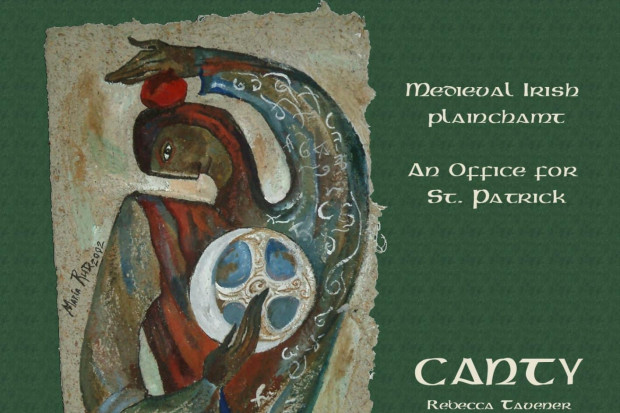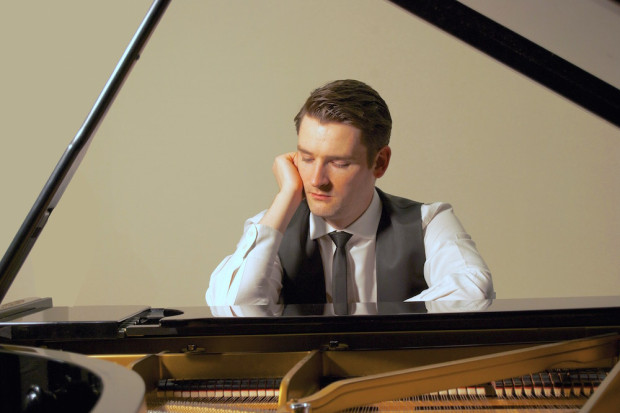Inbox: Music and Nationalism
Dr Desmond Fennell, Maynooth, writes:
In the March-April issue Niall Ó Ciosáin reviewed Music in Nineteenth-Century Ireland, edited by Michael Murphy and Jan Smaczny. Inevitably, Mr Ó Ciosáin felt it necessary to deal with the much contested thesis of Harry White and Joseph Ryan to the effect that Ireland in that century suffered from musical underdevelopment due to the ideological dominance of nationalism. But Mr Ó Ciosáin ventured up a profitless by-road when, as part of his argument, he compared and contrasted the relationship between musical development and nationalism in the Czech lands, Wales, Scotland, and generally. This is to give an importance not its due to the suggestion latent in the White/Ryan thesis that the presence or absence of nationalism has been a determining factor in the development of art music. The two gentlemen in question simply have a bee in their bonnet about Irish nationalism. They clearly dislike it and, with their vision confined to Ireland, are therefore predisposed to find in it the cause of Irish musical underdevelopment in the nineteenth century.
The answer to why there was that underdevelopment does not begin with the particular cultural condition of Ireland, let alone with its nationalism. It begins with the cultural geography of Europe in the nineteenth century, and in particular the geography of its art music. The dominant art music – so dominant as to constitute the norm – was German-Austrian. In the nations adjacent to Germany and Austria, on all sides, that art music was taken up creatively to a significant degree. In the non-adjacent west beyond France, in the multi-national United Kingdom, this did not occur.
Clearly, the relative creative paralysis of music in the United Kingdom had something to do with its distance from the centre. There was also the fact that this paralysis had been inherited from the eighteenth century, i.e. was long-lasting. But its decisive cause must have been something in the predominant culture. This was Protestant, but of a kind quite different from the Lutheran kind which had given rise to so much great art music. It was a Protestantism which, as the nineteenth century progressed, became in its various insular strands puritanical. The upshot was that religious and secular culture which we call ‘Victorian’. So pervasive was this throughout the Kingdom that it deeply shaped the mentality and culture even of the rising Catholic middle class in Ireland, their clergy included.
It is in this context that we must seek and find the reasons for the meagre development of contemporary art music in Ireland in the nineteenth century. And in this context the fact that England and Ireland had strong nationalisms, and Wales and Scotland moderate nationalisms, is clearly irrelevant.
Published on 1 May 2008














